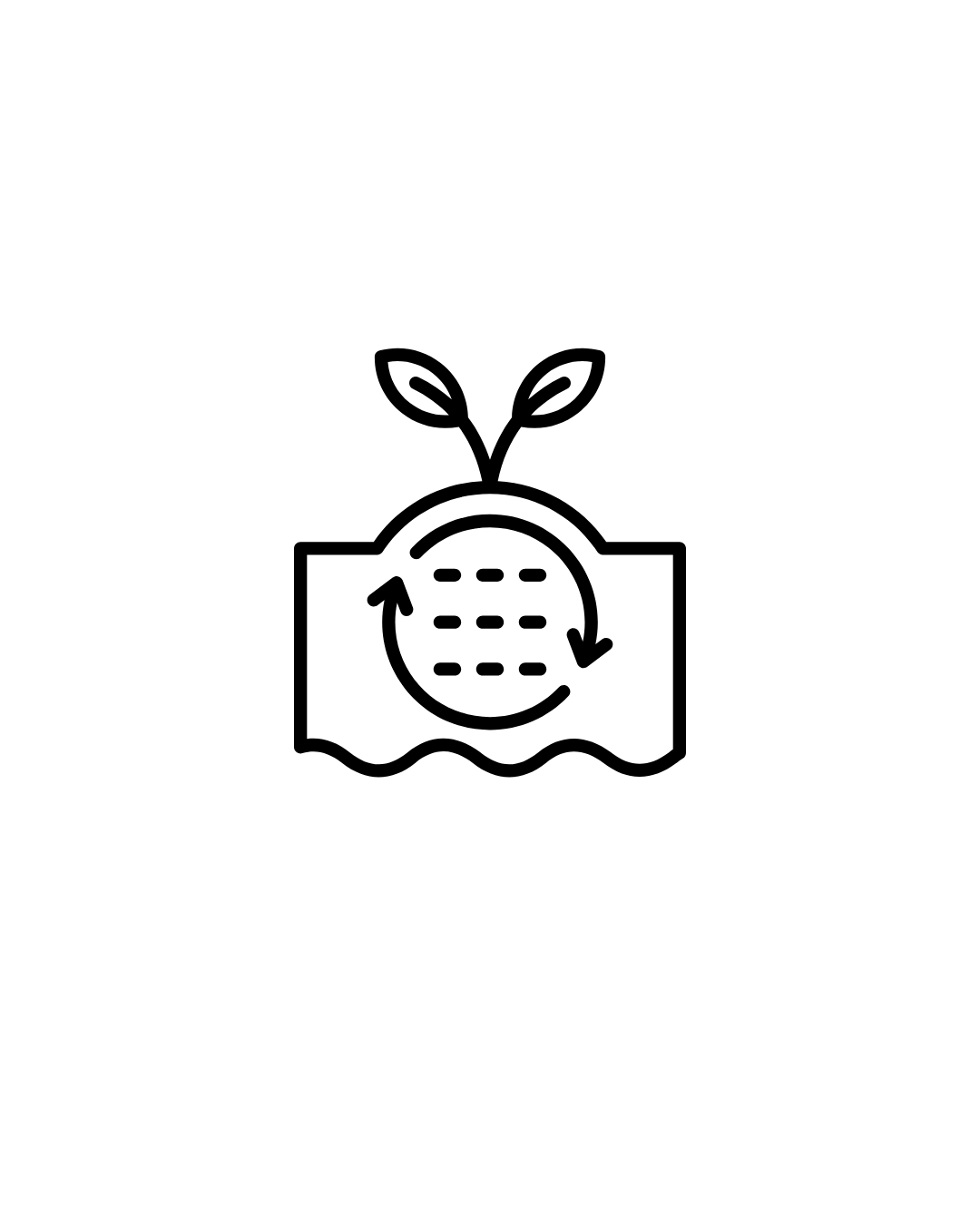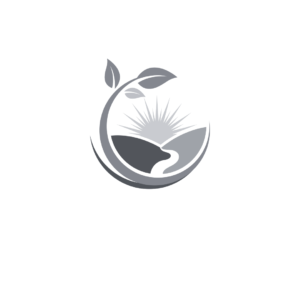Description
Curriculum for D.Voc. in Soil and Water Conservation
A Diploma in Vocation (D.Voc.) in Soil and Water Conservation is designed to equip students with the knowledge and skills needed to address issues related to soil fertility, water management, and environmental sustainability. This program combines theoretical understanding with practical applications, preparing graduates for various roles in environmental protection and natural resource management. While specific courses may vary by institution, a typical curriculum may include the following subjects:
Introduction to Soil Science
Overview of soil properties, formation, classification, and the role of soil in ecosystem functioning.
Water Resource Management
Basics of hydrology, water cycles, groundwater management, and the importance of conserving water resources.
Soil Erosion and Conservation Techniques
Understanding soil erosion processes, causes, effects, and various conservation practices to prevent soil loss.
Land Use Planning
Principles of sustainable land management, zoning laws, and the impact of land use on soil and water resources.
Irrigation and Drainage Systems
Design, management, and maintenance of irrigation and drainage systems to optimize water use in agricultural practices.
Plant and Soil Interaction
Study of how plants and soil interact, nutrient cycling, and the importance of vegetation for soil conservation.
Agroecology and Sustainable Agriculture
Principles of agroecology, sustainable agricultural practices, and their role in soil and water conservation.
Environmental Impact Assessment
Techniques for assessing the environmental impacts of development projects and land use changes on soil and water resources.
Soil Fertility Management
Understanding soil nutrients, fertilizers, and amendments to enhance soil health and agricultural productivity.
Climate Change and Soil Conservation
Examination of the impact of climate change on soil and water resources and strategies for mitigation and adaptation.
Community Engagement and Education
Techniques for engaging communities in soil and water conservation initiatives, including awareness programs and workshops.
Research Methodologies in Soil Science
Introduction to research techniques, data collection, and analysis related to soil and water conservation studies.
Field Work and Practical Applications
Hands-on experience through fieldwork, implementing soil and water conservation practices and techniques in real-world scenarios.
Duration of the Program
The duration of a D.Voc. in Soil and Water Conservation typically ranges from one to three years, with most programs designed to be completed within two years. This duration includes both theoretical learning and practical experience.
Career Opportunities After Completing D.Voc. in Soil and Water Conservation
Graduates of the D.Voc. in Soil and Water Conservation can pursue various career paths in environmental management, agricultural practices, and natural resource conservation, including:
Soil Conservation Technician
Working with farmers and landowners to implement soil conservation techniques and practices to reduce erosion.
Water Resource Manager
Overseeing water management practices, ensuring sustainable use of water resources for agriculture and communities.
Agricultural Extension Officer
Providing technical support and guidance to farmers on sustainable agricultural practices, including soil and water conservation.
Environmental Consultant
Advising organizations and governments on environmental impact assessments and sustainable land management.
Soil Scientist
Conducting research on soil properties and practices to improve soil health and sustainability.
Hydrologist
Studying water flow and distribution to develop strategies for water conservation and management.
Conservation Educator
Teaching communities and organizations about soil and water conservation practices and promoting environmental stewardship.
Natural Resource Manager
Managing and conserving natural resources in parks, reserves, and protected areas while promoting community engagement.
Research Assistant in Soil Science
Supporting research projects focused on soil and water conservation, data collection, and analysis.
Sustainable Agriculture Specialist
Promoting sustainable agricultural practices that conserve soil and water resources in farming systems.
Field Coordinator for Conservation Projects
Overseeing local conservation initiatives, coordinating activities, and collaborating with stakeholders.
Policy Advocate for Environmental Conservation
Working with NGOs or governmental organizations to promote policies and legislation focused on soil and water conservation.
Conclusion
A D.Voc. in Soil and Water Conservation equips students with essential knowledge and skills to address critical environmental challenges. With a strong emphasis on practical applications and community engagement, graduates are well-prepared to make a positive impact in the fields of soil and water management. If you have any further questions or need more information about this program, feel free to ask!









